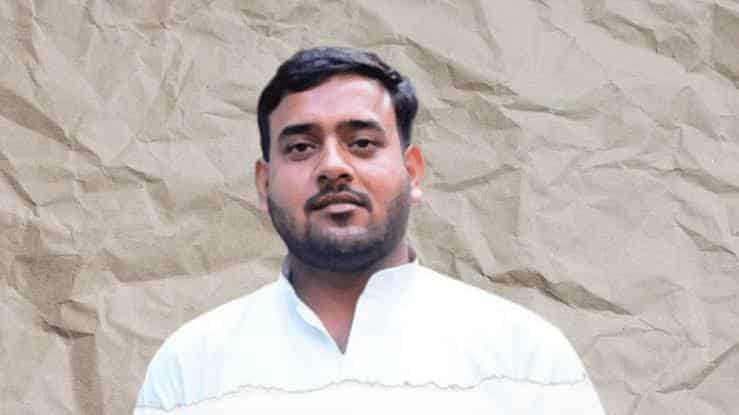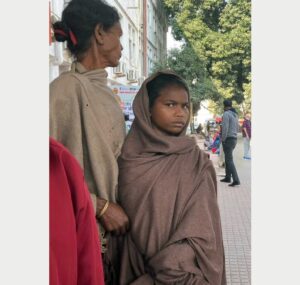
When the commitment to social change is a provocation for an increasingly repressive State: A profile of Atikur Rahman

“At no time have governments been moralists. They never imprisoned people and executed them for having done something. They imprisoned and executed them to keep them from doing something. They imprisoned all those prisoners of war, of course, not for treason to the motherland […] They imprisoned all of them to keep them from telling their fellow villagers about Europe. What the eye doesn’t see, the heart doesn’t grieve for.”― Aleksandr Solzhenitsyn, The Gulag Archipelago, 1918-1956
A political prisoner is a person who is imprisoned for their belief. Regimes across the globe arrest people for who they are and not for what they have done, thus making the category of the political prisoner into a criminal offense. It is a thought crime: the crime of thinking, acting, speaking, probing, reporting, questioning, demanding rights and, more importantly, exercizing citizenship. It is also a crime of existing in a Black, Brown, Muslim body that can be targeted and punished for who they are, or what they represent.
These inhumane incarcerations do not just target private acts of courage, they are bound together with the fundamental questions of citizenship, and with people’s capacity to hold the State accountable – especially States that are unilaterally and fundamentally remaking their relationship with their people.
The assault on the fundamental rights has been consistent and ongoing at a global level and rights-bearing citizens are transformed into subjects of a surveillance State.
In this transforming landscape, dissent is sedition, and resistance is treason.
A fearful, weak State silences the voice of dissent. Once it has established repression as a response to critique, it has only one way to go: to become a regime of authoritarian terror, a source of dread and fear for its citizens.
How do we live, survive, and respond to this moment?
With Profiles of Dissent, The Polis Project works with individuals and organizations across the world to question and critique the State that has used legal means to crush dissent illegally and eliminate questioning voices.
It also intends to ground the idea that, despite the repression, voices of resistance continue to emerge every day.
ATIKUR RAHMAN Atikur Rahman is a 28-year-old student activist who strove to raise awareness among young people in some of India’s most socio-economically marginalized rural communities in remote villages of Uttar Pradesh (UP), India. A tireless crusader for educational and socio-economic growth and the wellbeing of these communities, he worked in various non-governmental organizations to promote social welfare programs and became a district level leader. His work included career guidance, workshops on better higher educational opportunities in public-funded central universities, as well as educating young people about their health, nutritional needs and public sanitation in villages. At the same time, he continued to pursue his own educational journey and enrolled to do a doctorate from Chaudhary Charan Singh University, Meerut, having completed a Master’s in Information and Library Science in 2017. Rahman was a politically active student and remains a member of the National Committee of the Campus Front…
Related Posts


Donald Trump’s Master Economic Plan I Opinion by Yanis Varoufakis




